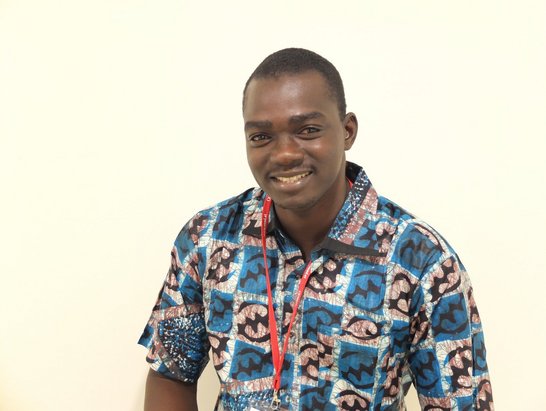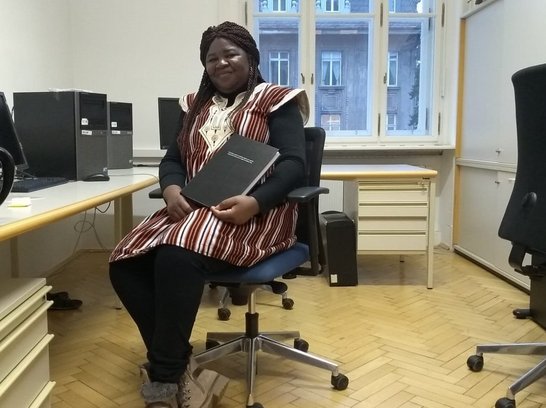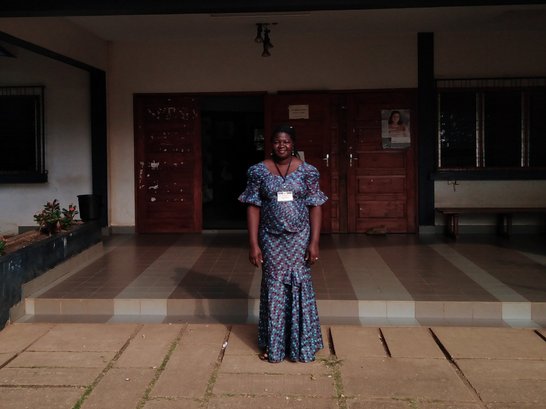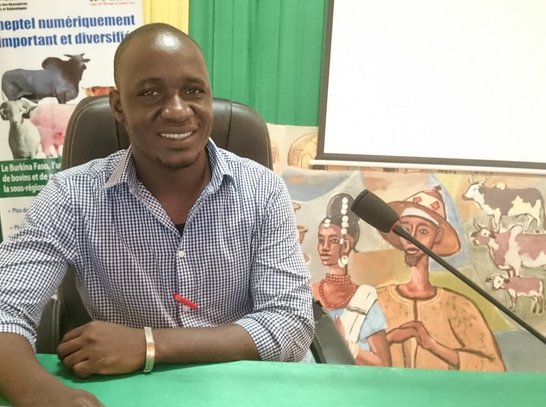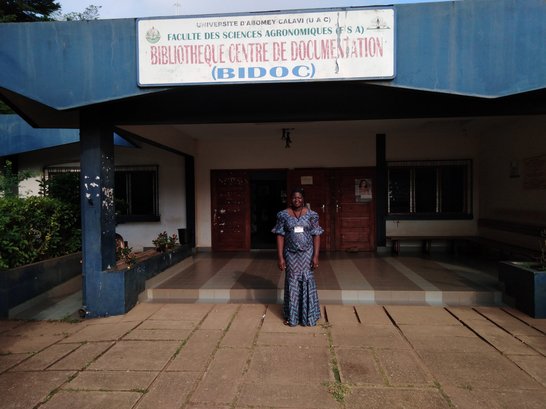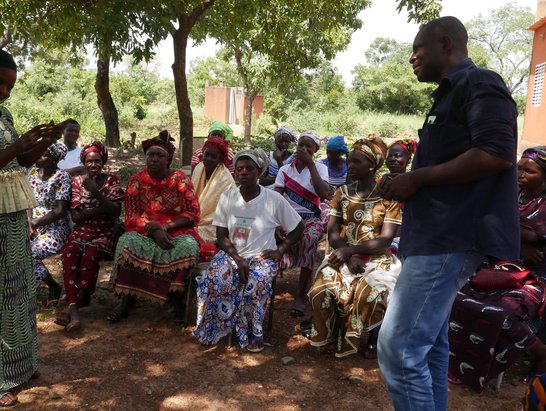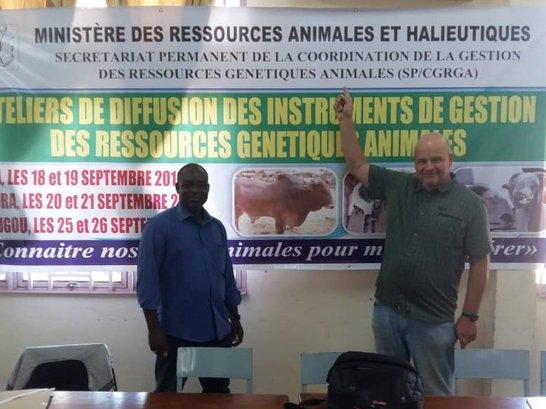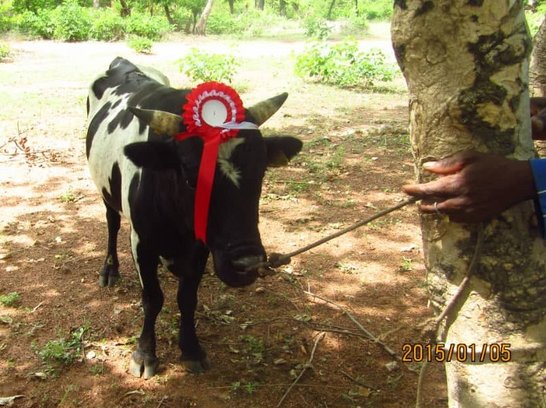Local Cattle Breeds of Burkina Faso – Characterization and Sustainable Utilization | LoCaBreed
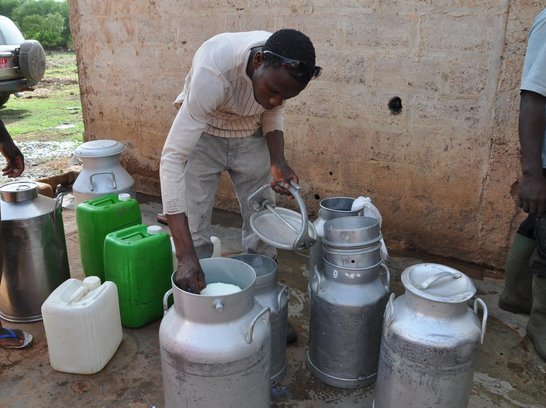
Project Coordinator: Johann Sölkner
Coordinating Institution: University of Natural Resources and Life Sciences, Vienna
Partner Institutions: University of Veterinary Medicine Vienna (Pamela Burger), University of Koudougou (Albert Soudré), Institut de l’Environnement et de Recherches Agricoles (Amadou Traoré), Université Polytechnique de Bobo-Dioulasso (Salifou Ouedraogo)
Partner Country: Burkina Faso
Project Duration: 1st of April 2016 – 30th of November 2020
Abstract
Healthy and well-managed livestock is essential for the economic and social development in Burkina Faso. It has been identified as a strategic sub-sector to fight against poverty and allow sustainable development, especially in rural areas where the incidence of poverty is high. The cattle population of Burkina Faso is currently around 8.5 million, providing draft power, meat and milk to the country as well as foreign exchange from exports. The varied natural resources of the country with the semi-arid Sahelian North and the sub-humid Sudanese South yielded a diverse local cattle population, with comparatively large and strong indigenous (Zebu) cattle in the North and physically very small taurine cattle in the South. African animal trypanosomosis (AAT), transmitted by tsetse flies, is endemic in the South and is the most important parasitic disease causing enormous losses to the cattle population.
This project aims to improve the genetic disposition for trypanotolerance of the local cattle population by development and utilization of cost-efficient devices indicating the genetic resistance of an animal to trypanosomosis, and to spread this resistance by the means of community based breeding programs (CBBP) conducted in rural villages. Improving animals in a more systematic way (via CBBP) and with extra information about the disposition of breeding animals has the potential to improve the situation substantially. By phenotypic and genetic characterization of a large number of animals, the project will provide a revised inventory of taurine local cattle breeds to the government and to the global database of cattle breeds maintained by FAO.
A multidisciplinary team of researchers from Burkina Faso and Austria will work together to achieve these goals. The project will develop capacities by training three doctoral students in Vienna and six master students in Burkina Faso. Furthermore, the institutional collaboration between two universities and the national agricultural research institution will be strengthened. Public awareness about CBBP and systematic breeding will be created by active public relations work and dissemination of results.

